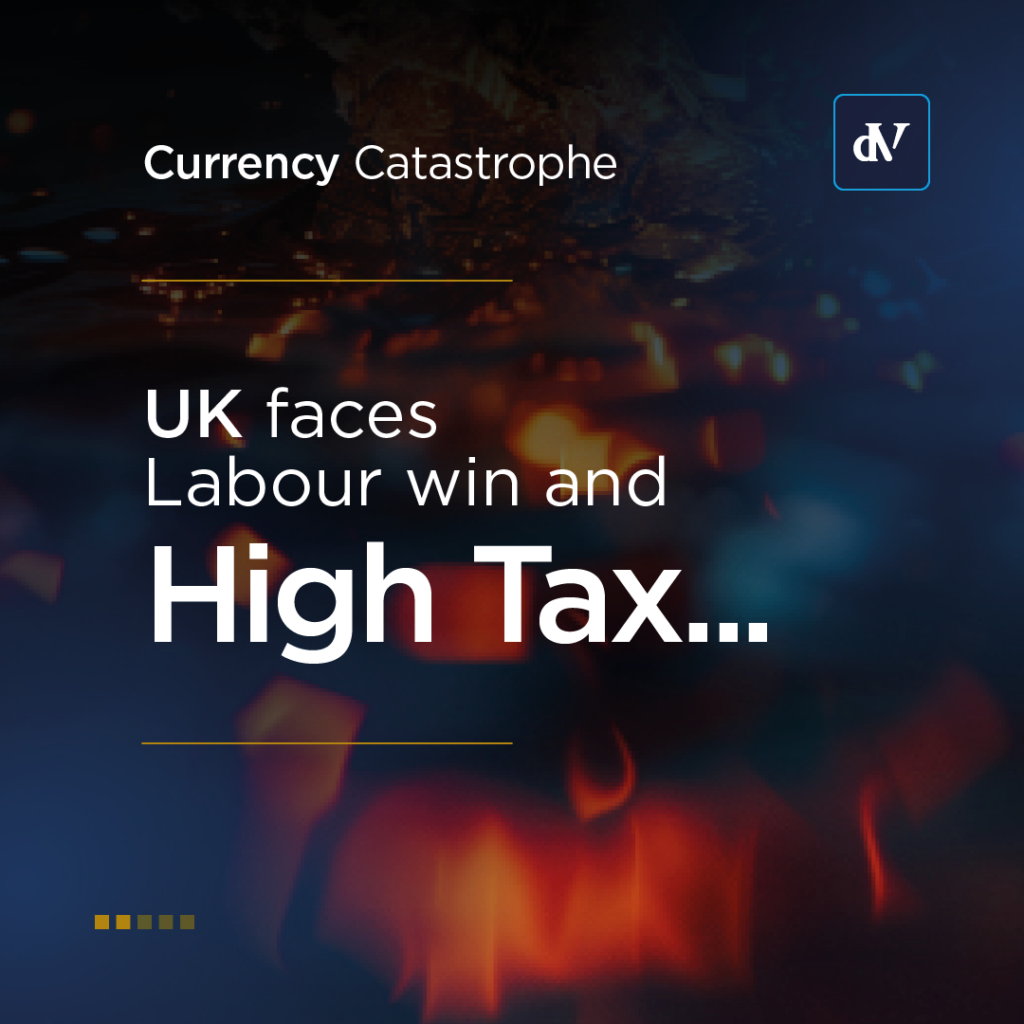The Spectator’s Fraser Nelson accused the chancellor of implementing £40 billion in stealth taxes, twice as much as the £20 billion worth of cuts announced on Wednesday. By choosing to freeze income tax thresholds, 4 million low-paid workers will be ‘dragged’ into paying income tax, while a further 3.4 million will be brought into higher tax brackets.
The Office for Budget Responsibility (OBR), the independent public body which delivers analysis on UK finances, projected that as a result of the Autumn Statement, living standards will be 3.5% lower in 2024/2025 than they were before Covid – when living standards were already floundering below their pre-financial crash height. According to the OBR projection, real household disposable income will not return to pre-pandemic levels until 2027/2078. This constitutes the largest reduction in living standards since ONS records began in the 1950s.
The low-paid are set to gain some benefit from a planned increase in the minimum wage, which will rise to £11.44 per hour by April 2024, for all workers over 21 years of age – a 12.4% hike. But universal credit benefit payments will rise by just 6.7%, an effective cut when accounting for inflation. Targeting a cut at both National Insurance and benefit payments played into the chancellor’s central theme of ‘making work pay.’
However, some of the chancellor’s measures were praised by The Economist, who lauded his decision to make full expensing permanent as “the single biggest pro-growth tax reform he could have unveiled” and said it would go far to “undo the crushing effect of corporate taxes.” But the outlet attacked his spending plans as ‘not credible’, saying:
“The OBR calculates that some budgets would have to fall in real terms by an average of 4.1% per year after 2026 to make the government’s numbers add up. This is not credible. Britain has already been through a decade of austerity. The National Health Service in England has a waiting list 6.5 million people long. The prison system is full. Many school buildings are unsafe. In the coming years, Britain must cope with the pressures of an ageing society, the green-energy transition and rising defence spending. Mr Hunt promises better public-sector productivity, a worthwhile goal that is hard to pull off and unequal to the country’s needs. A fiscally responsible government would say that taxes have to rise.”
The Institute for Government, an independent think tank, mirrored the Economist’s dour assessment of public financing plans, warning real terms cuts could lead to “further substantial decline in performance” for unprotected areas of spending.



